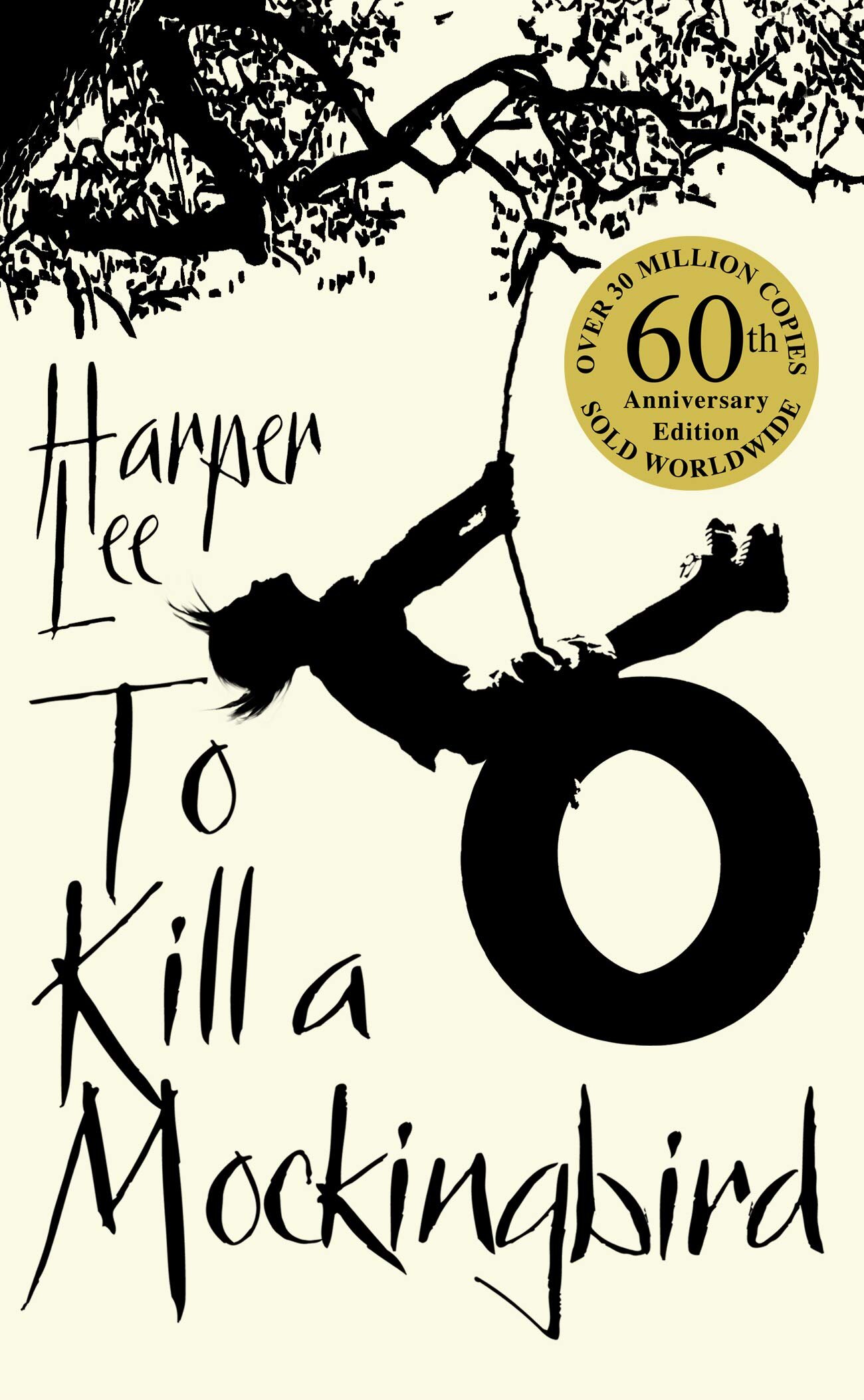Fahrenheit 451: The gripping and inspiring classic of dystopian science fiction
A short dystopian thriller, the novel is spun from the roots of 5 even shorter stories. And while the characters may not feel fully fleshed out, Bradbury writes with a distinct flair and zest, as seen in the title “Fahrenheit 451” —the temperature at which paper burns—and its classic opening line “It was a pleasure to burn” gives me the chills.
Written in the 1950’s Second Red Scare / McCarthy era, a period characterised by heightened political repression, fear of communism and exaggerated threats, the risk of reading dystopia written so far back is that it may not have stood the test of time. Yet it’s astounding how accurate the novel remains decades later, even though the Internet and social media didn’t exist at the time.
The book was sobering in many ways because it challenges how we’ve come to take books and knowledge for granted (whether we read them or not is different). Remember the destruction of the Library of Alexandria and Library of Congress, book burnings by the Nazi and Cultural Revolution? Unfortunately, history has been repeating itself periodically. But more importantly, it’s a realisation of why books are burned and what books have come to represent. It’s the censorship of independent thinking by destroying opposing beliefs in question and the regrettable fact that some prefer it because important issues are too uncomfortable to be around. In contrast, willful ignorance is an easy way out.
“Books were only one type of receptacle where we stored a lot of things we were afraid we might forget. There is nothing magical in them at all. The magic is only in what books say, how they stitched the patches of the universe together into one garment for us.”
The novel aptly depicted this by the endless streams of superficial information fed to people, even the vapid and hollow stimuli we generalise as “entertainment”. Even IRL, it’s an addictive two-edged sword — not harmful in itself but becomes an issue when exploited to escape reality consistently. We become accomplices to the repression we claim to hate and can do nothing about by remaining politically apathetic. After all, firemen didn’t need to burn books if people stopped reading them of their own volition, in fear of offence.
I was hesitant to start the book because it hits so close to home with everything happening lately. But once I did, I was all fired up (pun intended) and finished it in one sitting. It’s a sharp warning against authoritarianism, a reminder that ideas and knowledge only thrive by allowing them to flow freely. As Evelyn Beatrice Hall famously wrote, “I disapprove of what you say, but I will defend to the death your right to say it.”
This post may contain affiliate links, meaning when you click the links and make a purchase, we receive a commission.
Feeling inspired?
Check out more books below!








